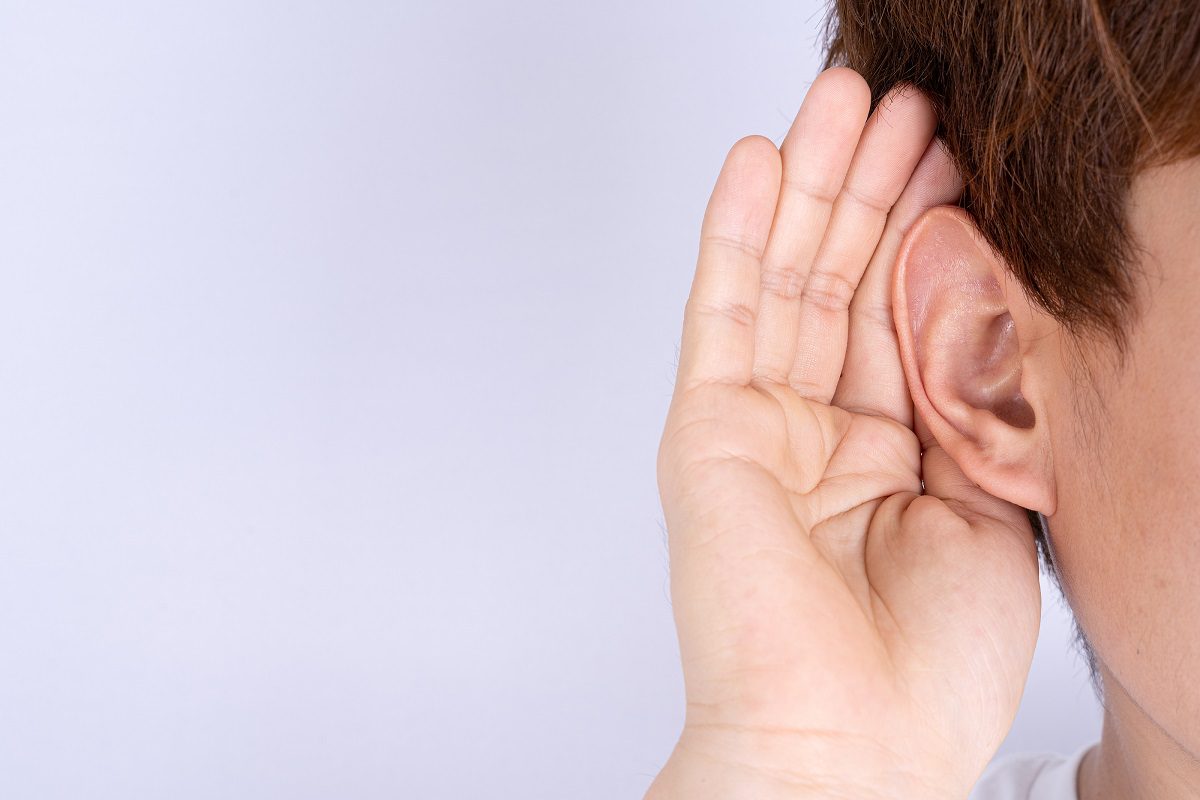When Should I Update My Hearing Aids?
If you’ve been wearing hearing aids for a while, you’re

By: Jill Rosenberg | January 2, 2023
Our ears have evolved over thousands of years to handle a wide range of sound volumes. However, our post-industrial lifestyle has become decidedly noisier. With the power of machinery and amplification, our ears can take sounds our early ancestors never thought possible.
For the most part, our ears and hearing systems can adapt to most noises. Still, over time and continuous exposure to too loud noise, our hearing takes a beating.
An introduction to Noise-induced hearing loss
Many people can credit a mixture of the two reasons for their later onset hearing loss. While age continues to be the primary predictor for hearing loss, the second leading cause is excessive noise. The inner ear cells are vitally important to our sense of hearing. They receive the noise of the external world and transmit it as sound information to the brain. These cells are delicate and non-regenerative, which means that once they are damaged, they do not repair themselves. Instead, we hear less.
Noise-induced hearing loss can happen all at once in an extremely loud incident, like an accident or explosion. It can also happen slowly and over time, with repeated exposure to too loud sounds. In both cases, it is irreversible, though it can be treated.
Safe Sound Levels: What You Need to Know
Along with the importance of how loud something is, the duration of exposure is also essential to the equation. Medical experts agree that sounds below 85 decibels, the unit of measurement for sound, are safe for our ears. To put that into context, a conversation clocks in at about 60 decibels, while a whisper is 30 decibels. Heavy traffic noise from inside your car is around 80-90 decibels, while a lawnmower is 90 decibels.
The louder something is, the less time you should be exposed to it. You should keep exposure below fifteen minutes at 100 decibels, the sound of a school dance. A loud dance club might be as loud as 120 decibels, a level at which you should keep exposure time to five minutes. You can be exposed to a sound over 85 decibels and not experience hearing loss; however, if you work in a factory and are exposed to loud machinery over 85 decibels for more than eight hours a day and over 25 years, you will probably incur a noise-induced hearing loss.
The loudest professions
When we think of noise-induced hearing loss, we might think about the standards of the Occupational Health and Safety Administration (OSHA). Through federal laws and oversight, this agency keeps workplaces safe from excessive noise exposure, creating protections for workers when noises are above 85 decibels. In professions like factory work, farming, and the military, workers must be given hearing protection, frequent breaks, or the installation of sound barriers to minimize exposure.
Your leisure time can be dangerous too.
Unfortunately, we also engage in activities that carry heavy noise burdens willingly. We even pay for them! Rock concerts routinely exceed 100 and even 120 decibels of noise, and even symphonic concerts can be noisy, reaching 100 decibels quickly. Sports stadiums have recently been in the spotlight for their extreme volumes. Season ticket holders, beware, a rowdy crowd can bring the noise level well above 120 decibels. Recreational shooting, ATVs, and snowmobiling are all hobbies that require hearing protection if you want to keep healthy hearing at the forefront.
How to protect your hearing from noise.
One way to think about protecting your hearing from noise is to imagine your ears as a bank account. Just like a bank account, your ears have limited “funds” or resources from inner ear cells. These cells are responsible for converting sound waves into electrical signals that your brain can understand as sound. Here are a few tips on how to protect your hearing from noise:
Come and see us for a hearing test today!

If you’ve been wearing hearing aids for a while, you’re
By: admin | May 5, 2022

According to a World Health Organization estimate, about 466 million
By: admin | May 5, 2022

The following scenario will be familiar to anyone who suffers from hearing
By: admin | March 22, 2022
